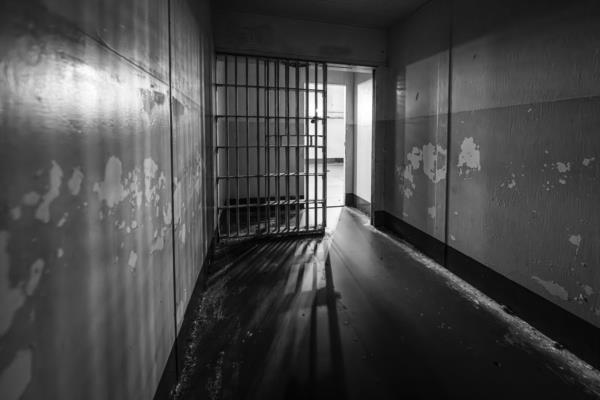
After serving 44 years, three months, and 17 days in prison for a crime he did not commit, Mr. Ronnie Long recently settled a civil lawsuit with the city of Concord and the North Carolina State Bureau of Investigations for a staggering $25 million. This settlement stands as the second largest wrongful conviction settlement ever, highlighting the magnitude of the injustice that Mr. Long endured.
In 1976, Long was convicted of raping a 54-year-old white woman by an all-white jury. However, in 2020, Long's conviction was ultimately vacated, exposing a shocking reality: crucial evidence, including semen samples and fingerprints from the actual crime scene, had been suppressed. These samples did not match Long's DNA profile, and the intentional withholding of this exculpatory evidence by law enforcement came to light.
Regaining his freedom on August 27, 2020, Long wasted no time in enjoying his newfound liberty. He treated himself to the car he had always longed for and expressed his hope of purchasing a home for himself and his wife. But amidst the celebrations, the pain of losing 44 years of his life lingered. Long's first act upon release was visiting the graves of his deceased parents to let them know he had finally returned home.
Attorney Jamie Lau, from the Wrongful Convictions Clinic, joined Mr. Long in shedding light on the arduous journey towards his release. Lau revealed that when they became involved in the case in 2015, they uncovered reports indicating that evidence pointing away from Long's guilt had been suppressed. Over 40 fingerprints taken from the scene were compared against Long's, and he was excluded as the perpetrator in each instance. Astonishingly, at his 1976 trial, none of this exculpatory evidence was presented to the jury, and law enforcement officers deceitfully testified that all evidence had not been tested.
Reflecting on the injustice he endured, Long expressed his belief that every step taken against him was malicious and intentional. He questioned how a grand jury could indict him without any evidence when each piece collected from the crime scene excluded him. He also shed light on the deliberate exclusion of African American jurors, emphasizing the two injustices committed not only against his family but also against the victim's family.
Long's case brings attention to the broader issue of racial injustice, particularly in the South during the 1970s. It raises concerns about how many others have suffered similar fates due to the racial legacy of that era. Long's release after such a prolonged incarceration serves as a reminder that the effects of racism, even after the dismantling of Jim Crow, continue to impact individuals in the criminal justice system.
While the $25 million settlement helps acknowledge and compensate for the injustice Long faced, it cannot fully restore the 44 years stolen from him. His story serves as a stark reminder of the flaws within the criminal justice system and paves the way for further scrutiny and reform to ensure such grave injustices are not repeated.


.png?w=600)




